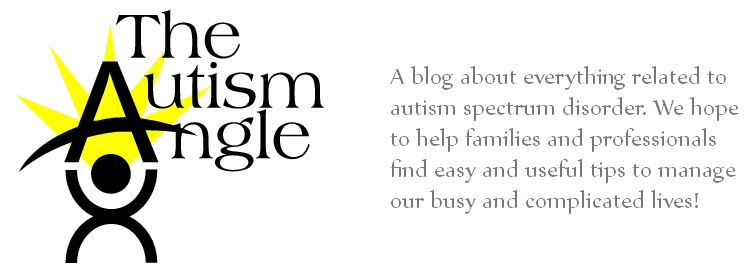Canadian researchers are questioning whether early screening is in the best interest of the public. On Monday of this week, an article was published in the journal
Pediatrics against these tools. They have seen these measures as premature and not coming to the correct diagnostic conclusion.
"We don't have research evidence to show how well screening works and whether we do more good than harm," Dr. Jan Willem Gorter, a pediatrician at McMaster University in Hamilton, Canada, told Reuters Health.
While many screening tests exist—usually based on simple questions about the child's use of eye contact and gestures—none of them are very accurate, Gorter and colleagues report in the journal Pediatrics.
Often the tests will misdiagnose healthy kids, such as one recent test that yielded false positives a quarter of the time, or they will fail to detect autism.
"The potential burdens on families of receiving a misdiagnosis (either a false-positive or a false-negative) may be enormous," the researchers write, "and there might be labeling effects that can be hard to remove."
Read more: http://www.foxnews.com/health/2011/06/13/study-recommends-against-autism-screening/#ixzz1PaHdJToF
I have to say that I was dumbfounded reading this article. The earlier the diagnosis, the sooner the intervention, right? It truly can be challenging to diagnosis at an early age, especially with those on the higher end of the spectrum. However, it is important to start looking at red flags when first noted. With autism rates soaring each year, taking a step backwards is the last thing we need to do. I was quite relieved to see that experts in the field have since stepped up to share their concerns with this journal article. From Autism Speaks:
"By screening for autism at an early age, children are able to begin intervention as soon as possible," said Geraldine Dawson, chief science officer for the Autism Speaks advocacy group. "Studies have shown that early intervention results in significant increases in cognitive and language abilities, and adaptive behavior, and gives children the best chance for a positive outcome."
The journal article also made some additional strong statements:
- "little support for the effectiveness for speech and language therapy for people with autism,"
- "applied behavior intervention did not significantly improve the cognitive outcomes of children"
- "screening is pointless, and almost certainly unethical."
I feel that this article may have set us back rather than pushing us forward in the field of autism. The statements made against screening and interventions seems more harmful than what was highlighted in this journal. Using terms such as "pointless" and "unethical" are astonishing statements to make for any diagnostic tool.
I would love to hear other people's thoughts on this issue. Should we call into question our screening tools or does this cause more problems in the long run?
-Abby
Read more from the full articles:
http://www.cnn.com/2011/HEALTH/06/13/canada.autism.study/index.html
http://www.foxnews.com/health/2011/06/13/study-recommends-against-autism-screening/

I was diagnosed as HEPATITIS B carrier in 2013 with fibrosis of the
ReplyDeleteliver already present. I started on antiviral medications which
reduced the viral load initially. After a couple of years the virus
became resistant. I started on HEPATITIS B Herbal treatment from
ULTIMATE LIFE CLINIC (www.ultimatelifeclinic.com) in March, 2020. Their
treatment totally reversed the virus. I did another blood test after
the 6 months long treatment and tested negative to the virus. Amazing
treatment! This treatment is a breakthrough for all HBV carriers.